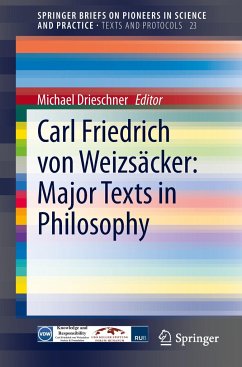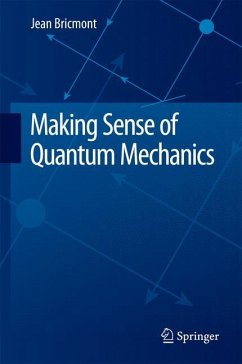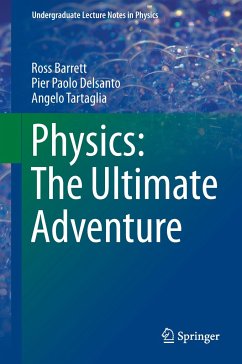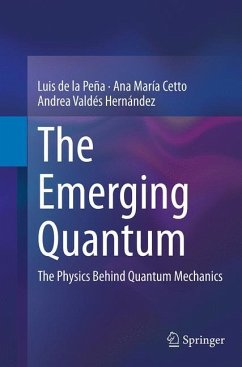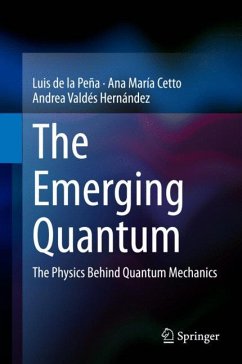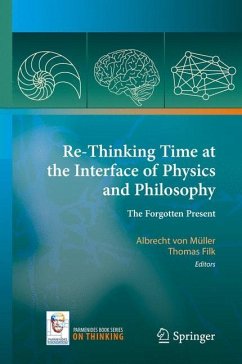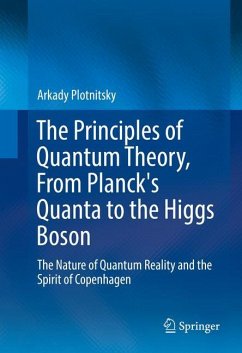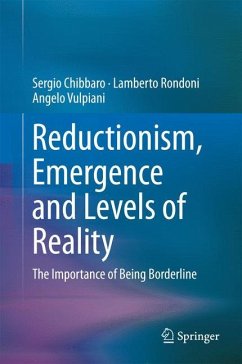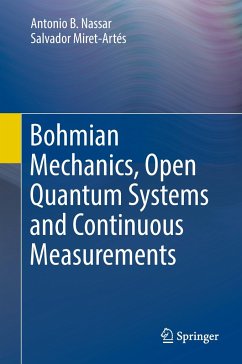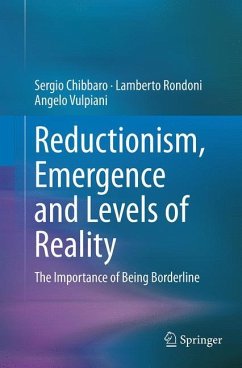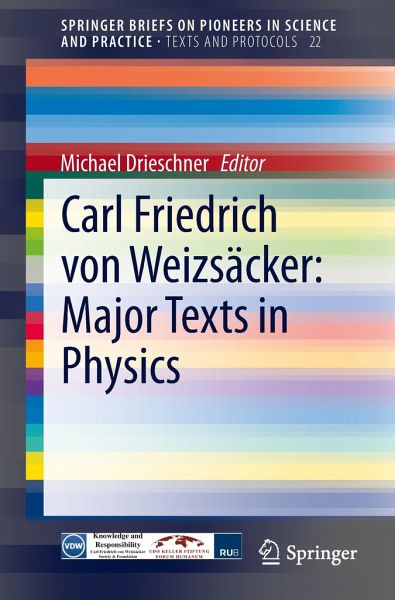
Carl Friedrich von Weizsäcker: Major Texts in Physics

PAYBACK Punkte
19 °P sammeln!
This book presents a collection of texts by the German physicist and philosopher Carl Friedrich von Weizsäcker (1912-2007), for use in seminars on the history, epistemology and structure of physics. Most texts appear in English for the first time. Weizsäcker became famous through his works in physics, mainly in the early development of nuclear physics. Later he would also become well known as a philosopher and analyst of contemporary culture. Texts include the original publications of the "Weizsäcker-Bethe formula" of nuclear masses and the "Bethe-Weizsäcker cycle," which explains the sour...
This book presents a collection of texts by the German physicist and philosopher Carl Friedrich von Weizsäcker (1912-2007), for use in seminars on the history, epistemology and structure of physics. Most texts appear in English for the first time. Weizsäcker became famous through his works in physics, mainly in the early development of nuclear physics. Later he would also become well known as a philosopher and analyst of contemporary culture. Texts include the original publications of the "Weizsäcker-Bethe formula" of nuclear masses and the "Bethe-Weizsäcker cycle," which explains the source of energy in the sun; both were developed by Bethe at the same time and independently of Weizsäcker. Further texts deal with Weizsäcker's explanation of the origin of planets, his explanation of the "time arrow" in Statistical Mechanics and his analyses of Quantum Mechanics and the structure of physics in general.





